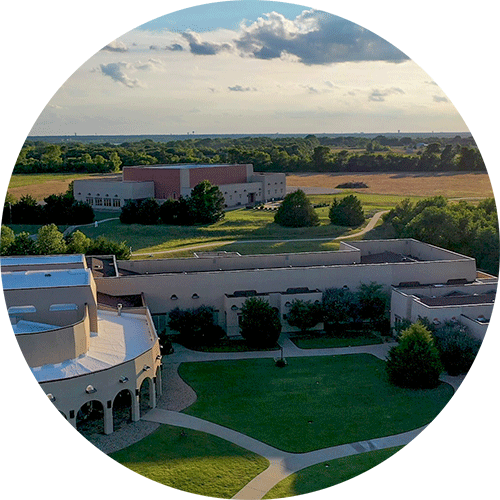Drugs can provide pain relief, induce euphoria, and create the potential for misuse through physical and psychological dependence. No drug users set out to become addicts. In fact, many are set on the path to addiction by using drugs prescribed to them for legitimate medical reasons.
The opioid abuse crisis has been facilitated primarily through the perceived safety and abundance of prescription drugs. In 2017, over 11 million people misused prescription pain relievers, compared to just 886,000 who used heroin. Of those 11 million, 62% reported that their last misuse of prescription pain relievers was to alleviate physical pain.



